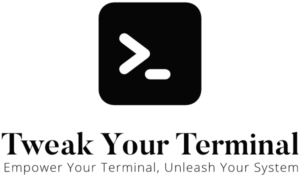Homebrew is not just for macOS users. This free and open-source software package management system is also an excellent tool for Linux, simplifying the installation, upgrade, and management of software right from the Terminal. Here’s a guide to getting started with Homebrew on Linux.
Installing Homebrew
Before installing Homebrew, ensure that your Linux distribution and the system packages are up-to-date. Once ready, install Homebrew by pasting the following command into your Terminal:
/bin/bash -c “$(curl -fsSL https://raw.githubusercontent.com/Homebrew/install/HEAD/install.sh)”This script will detail what changes it will make and prompt you before the installation process begins.
Check if Homebrew is installed
After the installation, confirm that Homebrew has been installed correctly by typing `brew` in the Terminal.
You should also use brew doctor to perform a more in-depth test of the installation. This is also useful if, in the future, you believe that something has gone wrong with your installation of Homebrew.
Using Homebrew
To install a package with Homebrew, you use the `brew install` command followed by the name of the package you want to install. For instance, to install the wget package, you would type:
brew install wgetHomebrew will then download the required files and install the software for you.
To update a package installed with Homebrew, you use the `brew upgrade` command followed by the name of the package. If you want to upgrade all your Homebrew packages at once, simply type:
brew upgradeTo remove a package installed with Homebrew, use the `brew uninstall` command followed by the name of the package.
brew uninstall wgetHomebrew Cask
While Homebrew Cask is primarily known for managing graphical applications on macOS, it also supports some Linux distributions via Linuxbrew. However, the range of applications is not as extensive as on macOS.
brew install --cask some-caskConclusion
Homebrew is a versatile tool that simplifies software management on Linux. Whether you’re installing command-line utilities or managing packages, Homebrew can enhance your productivity and streamline your software management process. With consistent practice and exploration, you’ll find Homebrew to be an integral part of your Linux experience.
